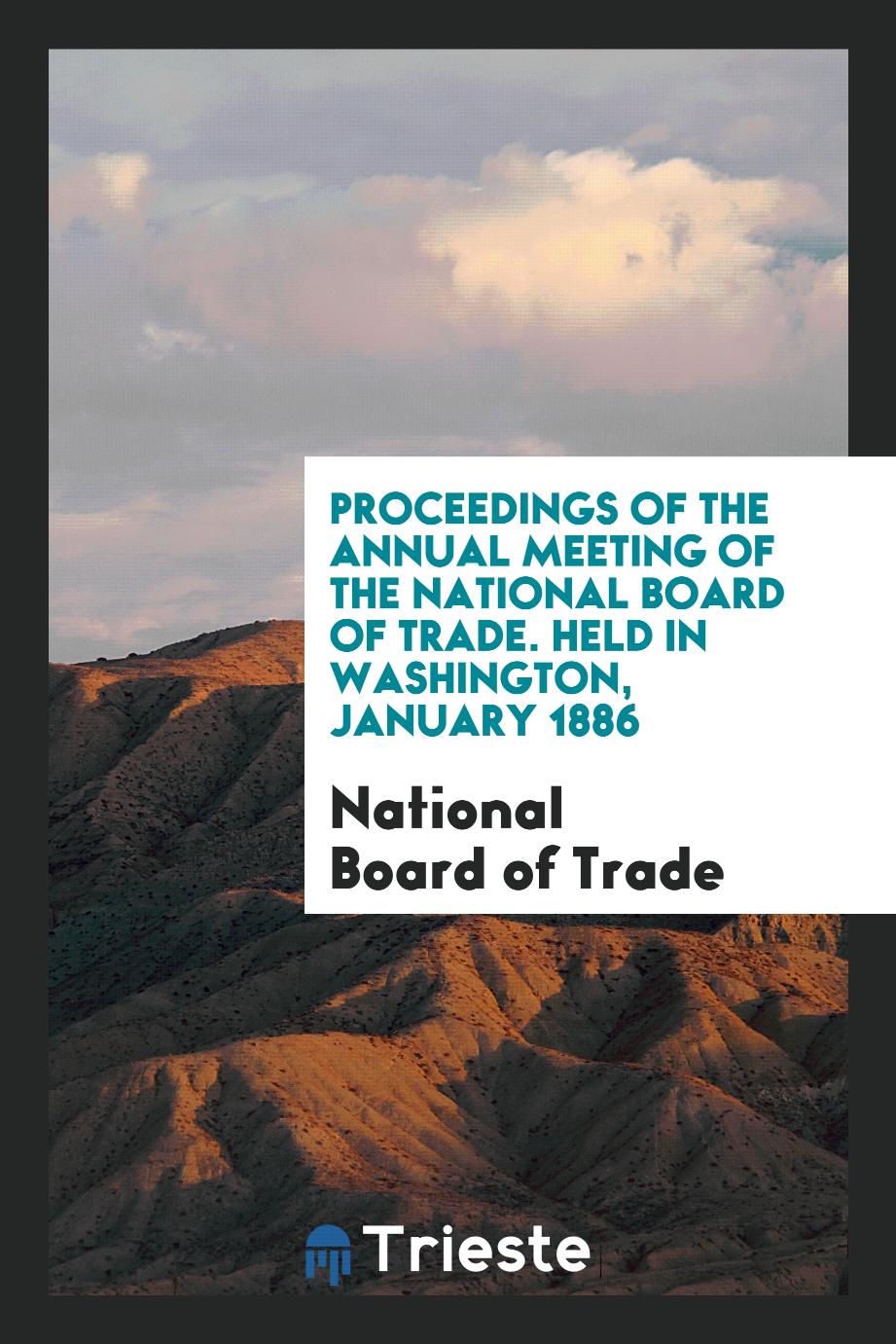Books
If someone tells you that he knows everything about marketing, do not believe him! There is always the opportunity to expand knowledge and learn new useful techniques, chips and life hacks.
Trieste Publishing has compiled books that are worth reading to entrepreneurs, small and large business owners, marketers, copywriters, sales managers: the best marketing books in one article from basic for beginners to professional publications.
The concept of marketing has long been ranked as a whole science, the knowledge of which allows not only to earn good money, but also to achieve most of the goals set.
Marketing is a universal theory of entrepreneurship. It sounds paradoxical, but marketing is a theory that is based on practical recommendations and real cases.
Can reading literature replace university studies? Can marketing books help as effectively as, say, refresher courses? Experts unanimously say that learning helps to learn something. And you can learn in many different ways, including reading professional literature. For a professional, his own practice is an invaluable experience, but this practice allows you to build a business structure that risks collapsing if you do not have a solid foundation - theories and experience from around the world.
The classics of marketing analysis were the issues of "experience curve" and "market share paradox", "rules of three and four", "economies of scale". A quality book on advertising, textbook or analytics, will contain links to the work of experts who have formed trends in the development of marketing knowledge, will tell about segmentation and value creation, competition and control of efficiency, resource allocation and more.
Sales books focus on the need for planning, talk about how to build relationships with advertising and research agencies, how to maintain sales during the crisis, analyze opportunities to make big profits at a low cost.
Some books on advertising are written in a living, non-academic language. Some are more "strict" and academic. In any case, both the first and the second must provide examples from the practice of real business, accompanied by real cases.











![Truck-Farming at the South: A Guide to the Raising of Vegetables for Northern Markets. [1903]](/uploads/books/373/9780649725373.png)











